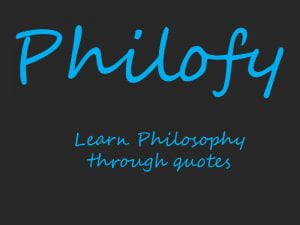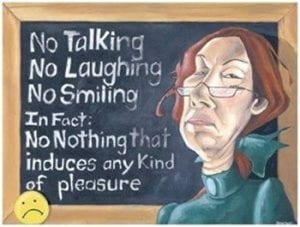This has been the most difficult unit I have ever taken. It was the Environment Scan Report that made it so difficult. I felt lost and did not know what to do. Thankfully, there was a book for download that described scanning in quite some detail (Conway, 2019). After I read that I was much more comfortable with scanning and began scanning the world for new technologies that could potentially impact the education industry. I found the learning module extremely fun. It was a great opportunity to work with other professionals on a project common to all of our goals. The collaboration opportunity enabled us to all take different sides of a similar concept.
I learned a lot about what it means to be a digital citizen. I think digital citizenship requires a more active role in the shape of the community one invests themselves into. To be a citizen is to have rights but it is also to have responsibilities. We must throw ourselves into the web not recklessly, but instead with caution understanding that what we do and what we say has concequences. I think this pandemic has increased our public awareness of digital citizenship as we stay at home on the Internet instead of being in school or out with friends. Digital citizenship also entails social media, and using social media to search for and curate one’s own news feed, as discussed in the forums with using social media to learn. I use YouTube and curate my own news through video that I regularly release.
I was really glad to be able to finish with recomendations for gamification. My passion lies in games and their potential to educate in the ways of wisdom. I took 4 units this semester but they were all very similar and the content crossed over a lot. To be honest, it was too much and very stressful on me, especially considering the pandemic. However, I just kept going, one day at a time, one reading at a time, even when I knew that I was behind I just kept on moving forward and eventually, I caught up and then was prepared for the assignments.
I found the group assignment very fun. As discussed in a previous blog, we worked together very efficiently, assisting each other where we were struggling. We worked on all aspects of a digital learning environment: interface, audio, and video. I think that is a perfect example of digital citizenship. A community working together efficiently towards a common goal, shining in the areas we are gifted in and given a hand in the areas in which we struggle. I found this semester extremely hard. So much so that I have decided to graduate with a Graduate Certificate instead of moving on to the Masters. Some of the things I struggled to do. A lot of the work felt over my head and it took me a long time to understand it.
Next semester I am taking a course in Game Development Foundations where I will learn Unity so that I can further the development of my own game. This Graduate Certificate was to teach me the educational factors behind gaming in the 21st century and now I will learn how to practically apply that theory.
This unit has greatly extended my knowledge of Digital Learning Environments (DLEs) by increasing the range of what I thought a digital learning environment could be. This unit has given me a strong foothold in digital leadership and supporting learners in a digital environment. It has increased my knowledge of the role of librarians and given me a deep respect for their profession and leadership role. Thank you Julie for your time and effort spent teaching me. Your toils are much appreciated!
Reference
Conway, M. (2019). Environmental Scanning: What it is and how to do it. Thinking Futures.



